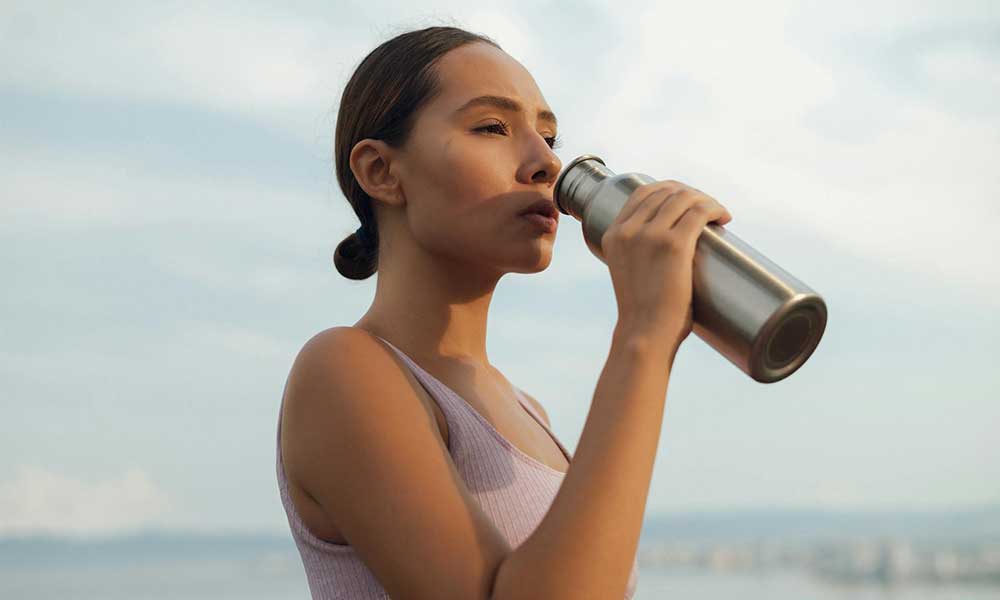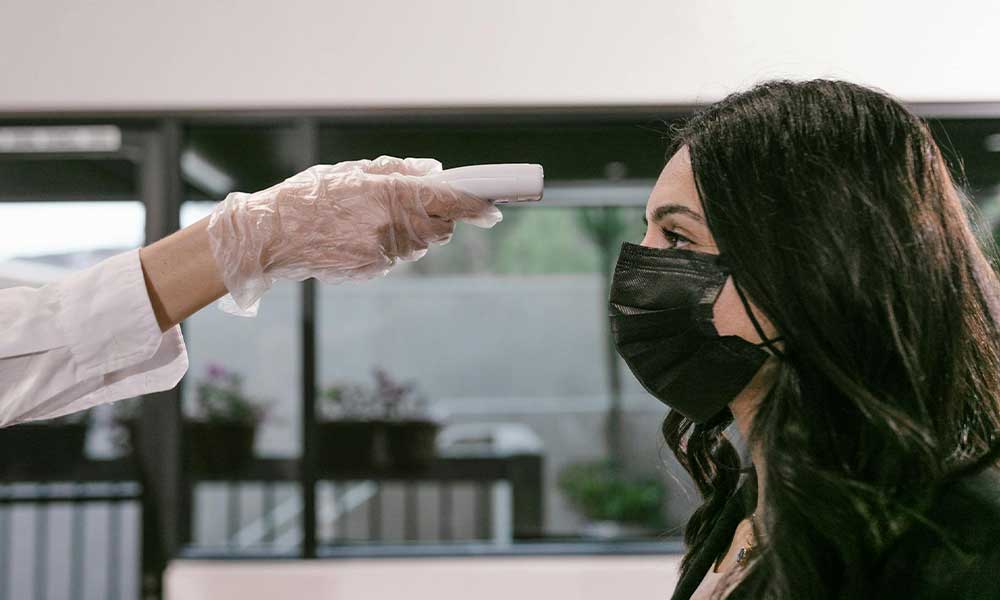We’ve all heard the famous advice: “Drink eight glasses of water a day.” But is that really what your body needs? The answer isn’t as simple as a universal number, and the amount of water you need can vary based on several factors like your activity level, climate, and overall health.
The “8 Glasses a Day” Myth
The “8 glasses” rule comes from a general guideline but isn’t a one-size-fits-all recommendation. In fact, the National Academies of Sciences, Engineering, and Medicine suggests that men need about 3.7 liters (125 ounces) of water daily, while women should aim for 2.7 liters (91 ounces). This includes all fluids consumed, not just water—think tea, coffee, and even water-rich foods like fruits and vegetables.
Disclaimer
It’s important to note that certain health conditions may alter how much water you should consume. For example, kidney disease, heart conditions, or issues with electrolyte balance may require specific adjustments to your hydration routine. Always consult your doctor if you have any health concerns that could affect your fluid intake.
Factors That Affect Your Water Needs
- Activity Level:
If you’re active, you’ll need more water to replace fluids lost through sweat. A general guideline is to drink an additional 1.5 to 2.5 cups (400-600 mL) of water for every 30 minutes of moderate exercise. For high-intensity or long-duration exercise, like running or cycling, you may need 16-32 ounces (500-1000 mL) of water every hour, depending on how much you sweat. - Climate:
- Hot and Humid Weather: In hot weather or humid environments, your body loses more fluid through sweat. In these conditions, experts recommend adding an extra 8 ounces (240 mL) of water every 30 minutes of exposure to hot or humid conditions.
- Cold Weather: You may not feel thirsty in colder climates, but dry, heated indoor air can dehydrate you. Even in winter, it’s important to drink water regularly. Aim for the same daily intake as you would in normal conditions, adjusting based on your activity levels.
- Health Conditions:
- Pregnancy and Breastfeeding: Pregnant women should aim for about 10 cups (2.4 liters) of water per day, while breastfeeding mothers need about 13 cups (3.1 liters) daily to stay hydrated.
- Kidney Disease or Heart Conditions: If you suffer from kidney disease or heart conditions, your doctor may adjust your fluid intake, sometimes recommending that you limit water intake to avoid overloading your kidneys or heart. Always check with your healthcare provider before making changes to your hydration routine.
How to Know You’re Hydrated
Instead of focusing on an exact number of ounces, listen to your body. Thirst is an obvious indicator, but another good rule of thumb is to check the color of your urine—it should be pale yellow. Dark yellow or amber-colored urine can indicate dehydration. If your urine is clear, it could mean you’re drinking too much water, flushing out essential nutrients.
Fluid Sources Beyond Water
While water is the best source of hydration, you can also get fluids from other sources. Foods like fruits and vegetables can contribute about 20-30% of your daily fluid intake. For example:
- Watermelon: About 90% water.
- Cucumbers: About 95% water.
- Oranges: Approximately 86% water. These hydrating foods can help you maintain balance and ensure you’re meeting your hydration needs without overdoing it on plain water.
The Bottom Line
While the 8-glasses-a-day rule is a helpful starting point, remember that hydration is about more than just following a formula. Factors like exercise, climate, and health should be considered to personalize your daily water intake. So, drink when you’re thirsty, monitor your hydration levels, and aim for balance—your body will thank you.
Stay hydrated! 💧
Resources:
- National Academies of Sciences, Engineering, and Medicine. (2004). Dietary Reference Intakes for Water, Potassium, Sodium, Chloride, and Sulfate.
- Mayo Clinic. (2022). Water: How much should you drink every day? Mayo Clinic Website.
- American Heart Association. (2021). Hydration and heart health. American Heart Association Website.


